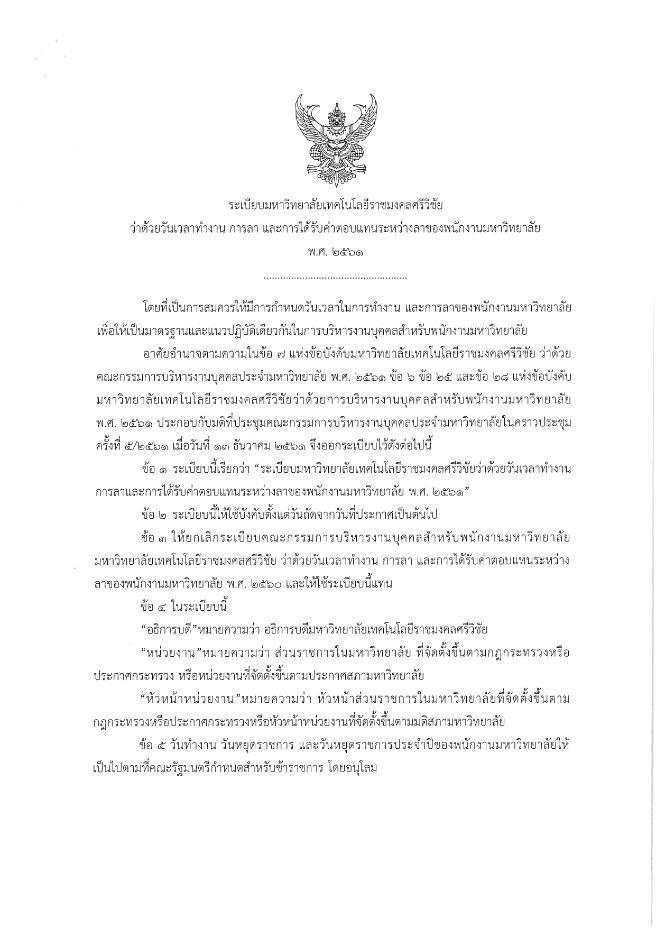Reporters: Asst.Prof. Saowanee Chaipech, Dr. kittichon Utaynapun, Mr. Ugrit Chammari Asst.Prof. Sudanai Krualee,
Evidence Date: during 2024 Jan-Dec
Related SDGs:

Related Indicators: 12.2.8
Details:
The announcement from Rajamangala University of Technology Srivijaya on sustainable consumption and production since A.D.2022.
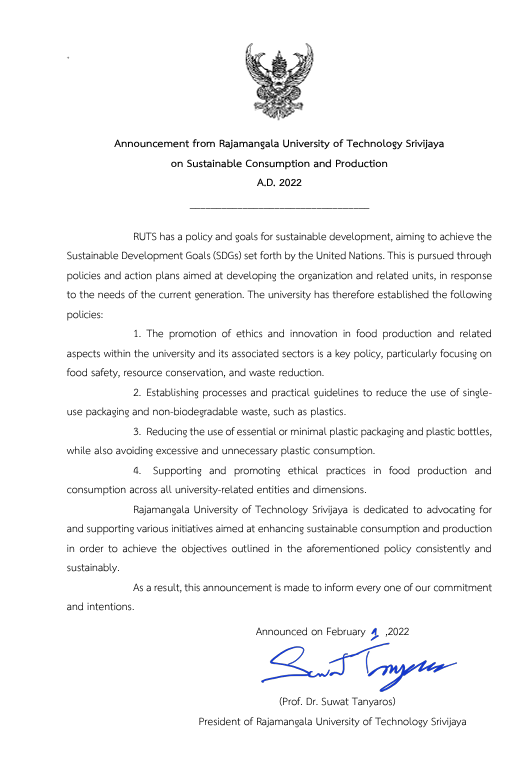 |
Evidence I
Associate Professor Dr. Wikit Phinrub, Assistant to the President of Rajamangala University of Technology Srivijaya (Trang Campus) and Head of the Trang–Krabi Blue Swimming Crab Bank Project, from the Faculty of Fisheries Science, received a Gold Medal and two Special Excellence Awards at the international innovation forum “EURO POLITEHNICUS 2024”, held in Bucharest from November 22–24, 2024. His award winning research is “Blue Swimming Crab Bank for Environmental Restoration” that represents over 30 years of continuous work on sustainable crab conservation along Thailand’s Andaman coast. The research established “Crab Banks” as a core mechanism to restore marine ecosystems while supporting sustainable community-based fisheries. It promotes responsible resource utilization, waste reduction, and ecosystem-based management. The project began with population studies to define optimal harvest seasons and sizes and introduced the release of egg-bearing female crabs to replenish natural stocks.
The university has transferred hatchery and broodstock management knowledge to local fishing communities, developing recirculating water systems that ensure optimal water quality for juvenile crabs. Post-harvest research focuses on reducing losses through proper cold storage, hygienic handling, and grading techniques that increase product value. Traceability systems were introduced to enhance consumer confidence in product origin and safety. The project has also expanded into value-added processing such as ready-to-cook crab meat, crab cakes, crab-shell broth, and biofertilizers from processing waste for ensuring that every part of the crab is fully utilized. Collaborations with local fishers and community groups have led to branded local products, creative marketing initiatives, and eco-friendly packaging that highlight the harmony between marine conservation and traditional livelihoods. Training programs for farmers and youth cover hatchery operations, safe processing, green marketing, and eco-tourism to create integrated learning from production to distribution. Ultimately, this project not only safeguards the blue swimming crab population but also enhances community income, reduces production waste, and strengthens the competitiveness of local fishery products at both regional and national levels.
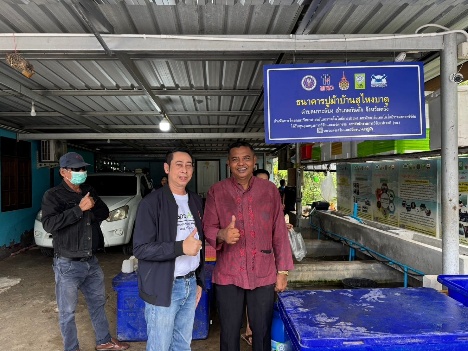 |
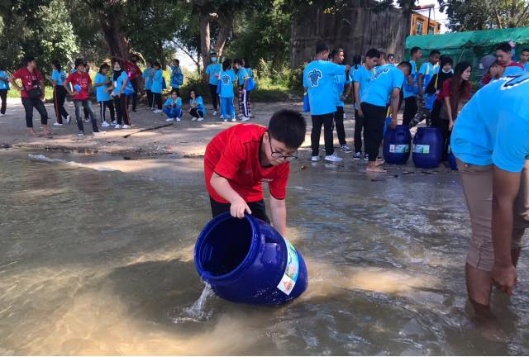 |
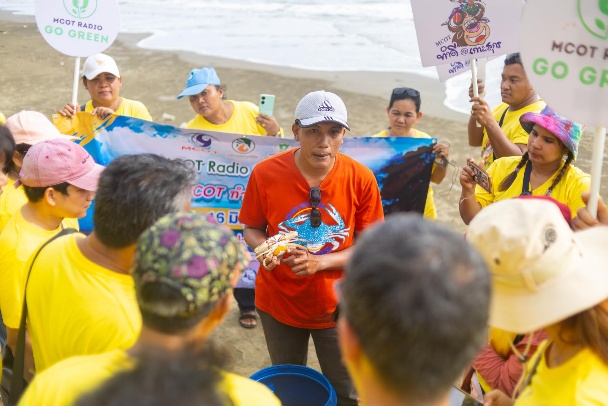 |
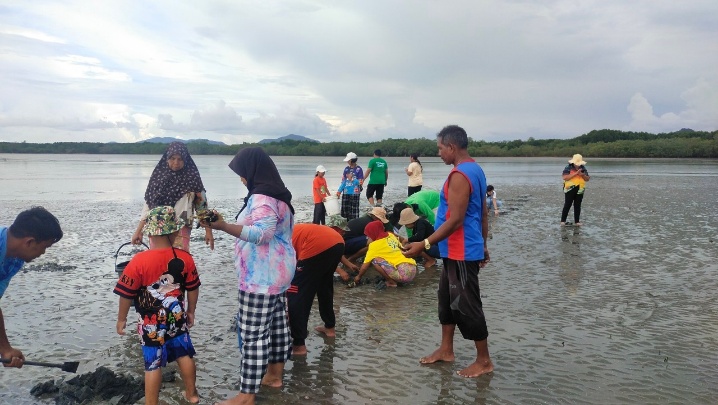 |
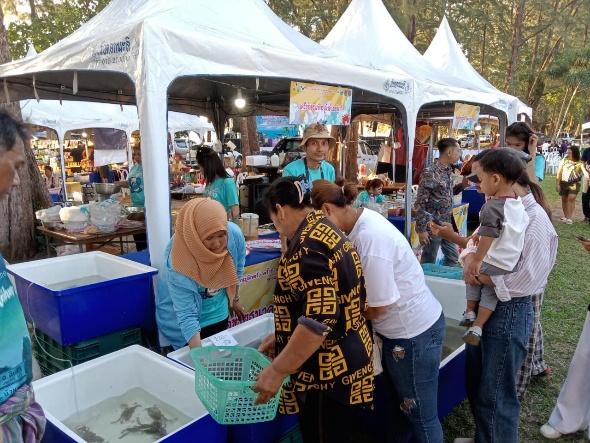 |
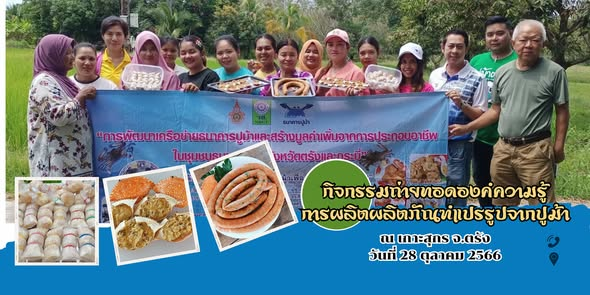 |
https://vt.tiktok.com/ZSNBrHR2T
http://aqtrang.nrei.rmutsv.ac.th/HorseCrabTrang/
Evidence II
A research team led by Dr. Kittichon U-taynapun from the Faculty of Agriculture, Rajamangala University of Technology Srivijaya, has conducted area-based research to support fisheries and ecotourism in Pak Phun District, Nakhon Si Thammarat. The project centers on maintaining coastal ecosystem balance while improving the livelihoods of local fishers. The team developed a comprehensive database of local fishery resources, habitats, and fishing seasons to promote sustainable utilization and reduce the harvest of immature marine species. Key innovations include the use of photosynthetic bacteria for aquaculture and wastewater treatment along tourism routes. Post-harvest management was enhanced through the adoption of cold chain standards, on-site grading at piers, product traceability systems, and improved hygiene for boats and equipment. The research also introduced methods to minimize waste such as onboard clean-ice use, temperature-controlled containers, and extended shelf-life packaging.
Value addition was achieved through the transformation of seafood and by-products into ready-to-cook and ready-to-eat products. Local culinary identity was strengthened with seasonal, sustainable menus using native ingredients and traditional knowledge. The project further integrated community-based ecotourism, including mangrove boat tours, local foods experiences, and cultural workshops. These were developed into “Catch–Cook–Taste–Shop” tourism packages through collaboration between local communities, government agencies, and private partners, fostering both environmental stewardship and sustainable economic growth.
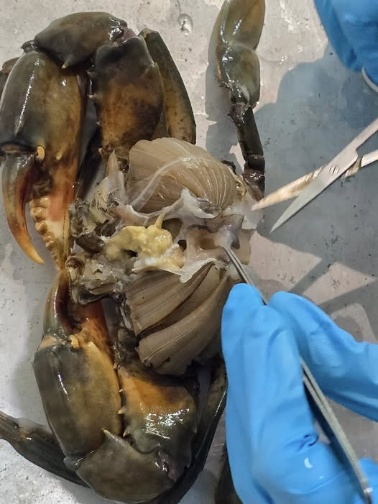 |
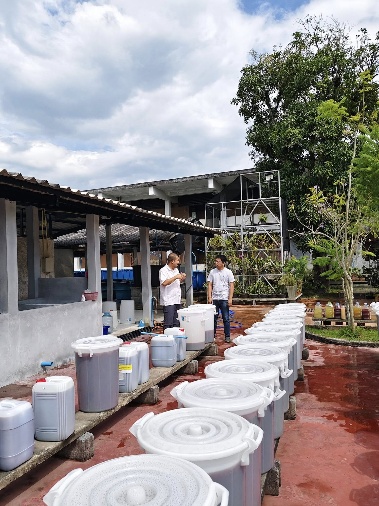 |
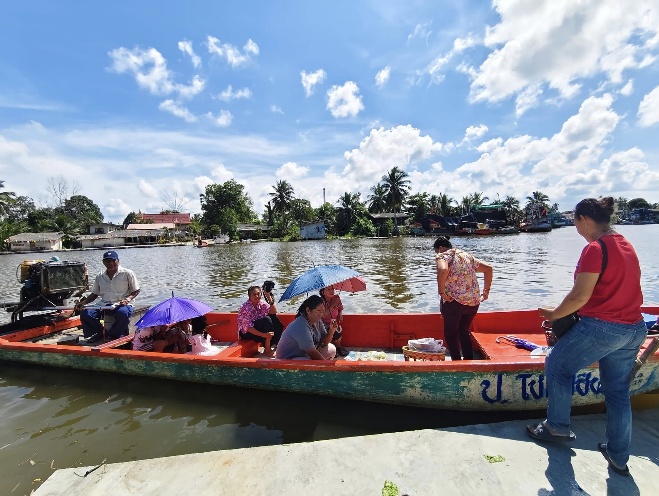 |
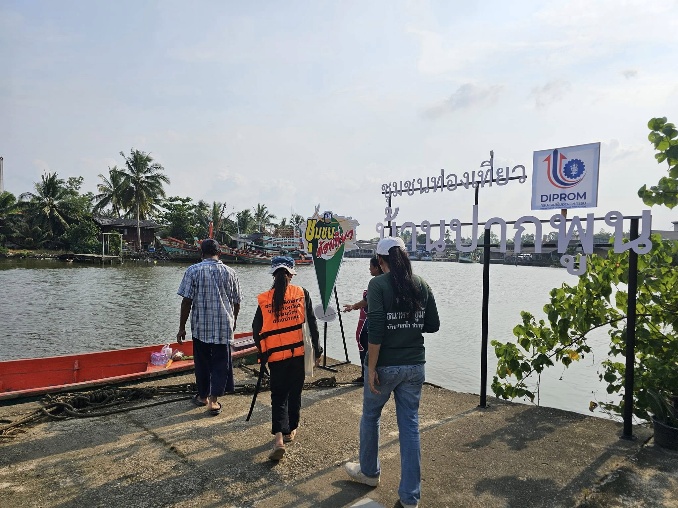 |
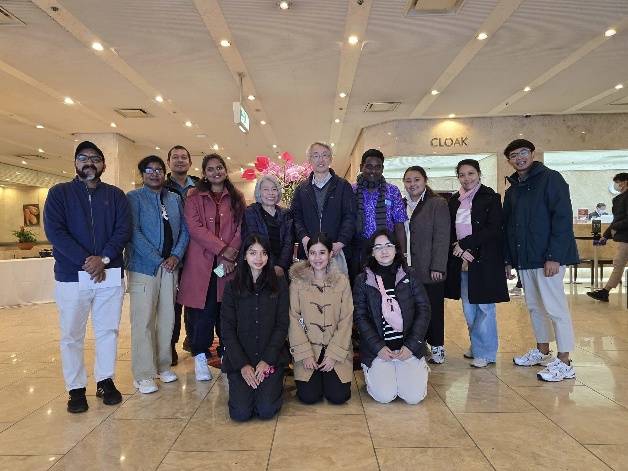 |
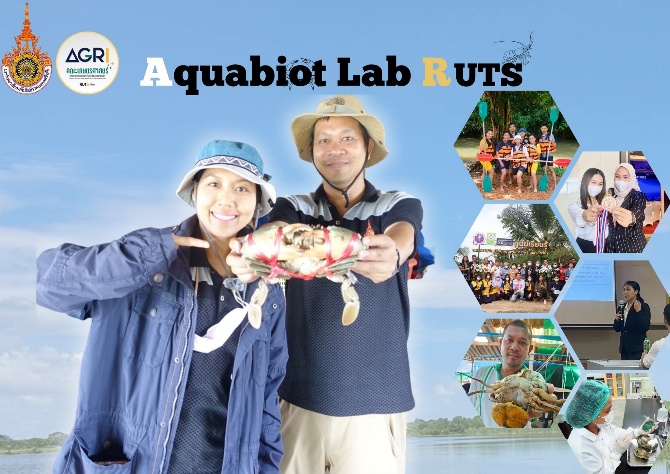 |

